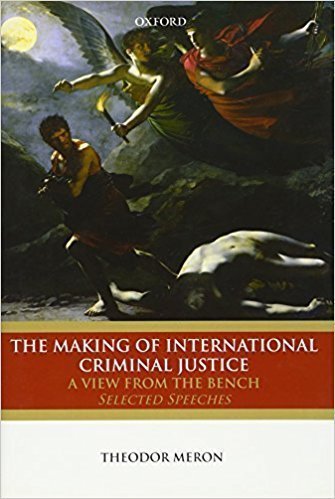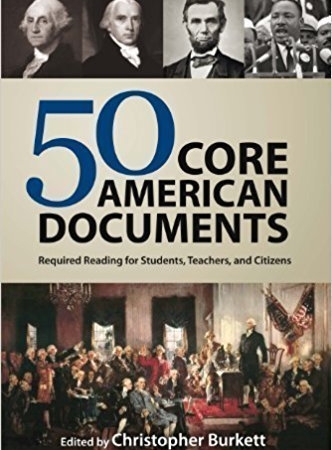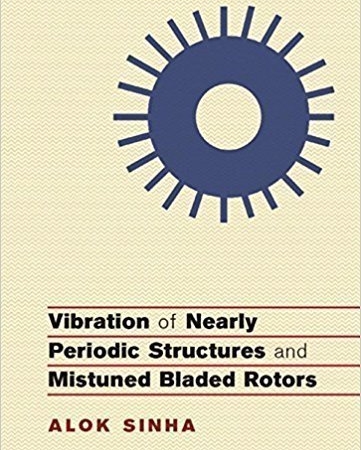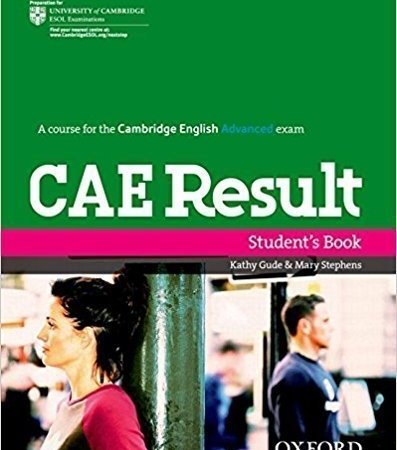توضیحات
تحویل فوری
توجه: بعد از خرید این محصول به فرمتPDF ارجینال قابل دانلود خواهد شد.
برای سفارش نسخه چاپی این کتاب سفارش کتاب از آمازون را کلیک کنید.
- Paperback:240 pages
- Language: English
- ISBN-10:0199608938
- ISBN-13:978-0199608935
- Product Dimensions: 9.3 x 1 x 6.3 inches
- Shipping Weight: 1.4 pounds
There has been a quiet revolution over the course of the past quarter century in the prosecution of individuals for war crimes before international courts. Until recently, and with a few notable exceptions in the wake of World War II, violations of the laws of war and international humanitarian law were addressed primarily as claims between states. However, this approach has changed radically in just the last twenty years, as the international community has increasingly accepted the idea of individual criminal responsibility for violations of international humanitarian law. The International Criminal Tribunals for the former Yugoslavia and Rwanda have played a key role in this transformation and, as the trailblazers for a growing number of new international or hybrid criminal courts, in establishing the field of international criminal justice and encouraging the national prosecution of war crimes. Understanding the Tribunals’ origins, their ground-breaking jurisprudence, and how they have addressed critical legal and practical challenges is essential to understanding both the revolution that has occurred over the past twenty years and how international criminal law will change and grow in the years ahead. As a leading scholar on humanitarian law, past President of the International Criminal Tribunal for the former Yugoslavia, and Appeals Judge for both the Yugoslavia and Rwanda Tribunals, Theodor Meron has observed and influenced the development of international criminal law as it has evolved from a mostly academic exercise to a cornerstone of the new international legal order. In this collection of speeches delivered during his first decade on the bench, he offers an insightful overview of the foundations of international criminal law as well as a unique, insider’s perspective on the challenges faced by international criminal tribunals, their creation of a corpus of substantive and procedural law regarding everything from sentencing and self-representation to the law of genocide and the protection of prisoners of war, the contributions of other international courts, and the responsibilities of international jurists. Judge Meron’s personal reflections and unparalleled experience in international criminal justice make this volume as rewarding for experts as it is for the general public.







